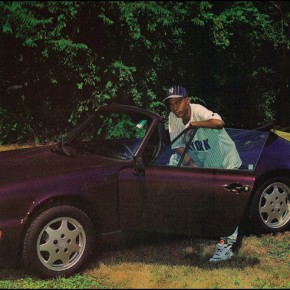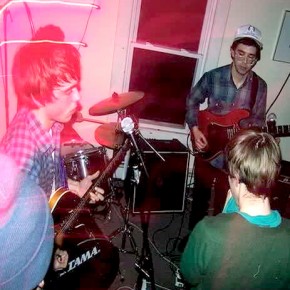
studying the college music scene and beyond
Remember the bands that formed in college? You heard them at dorm parties, frat parties, apartment parties, the campus bar, battle-of-the-bands competitions, and impromptu outdoor settings. They practiced in dorm rooms, dorm basements, conservatory and theater rooms, backyard sheds, and laundry rooms, amusing/irritating neighbors and passers-by. Many college rockers and rappers dreamed of making it...

the dull ubiquity of placeless music festivals
Some questions for investigations here, presented in the form of a rant. As part of my research in musical urbanism, I consume a fair amount of music coverage in print and online. Jesus Christ, all I seem to find these days is “writing” about generic touring festivals headlined by Coldplay/Metallica/Fiona Apple/Beach House/you name it. News about new music...

the hipsterization of global protest reporting
Maria came to the Kremlin demonstration wearing her designer eyeglasses. Does that explain why she protests? Many commentators have pointed out how after big American news media (many of them regularly accused of liberal bias) refused to report on Occupy Wall Street for several weeks, they then often sought to explain the movement by characterizing...
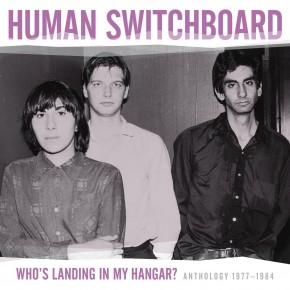
living the urban crisis at the new wave rent party
I recently downloaded the reissued Human Switchboard album, Who’s Landing in my Hangar? Anthology 1977-1984, which set me off again obsessing about a subgenre of new wave that I’ve never really seen recognized. I don’t even know how best to name this subgenre, although I’m convinced it has a musical coherence. I’ll call it new wave rent...
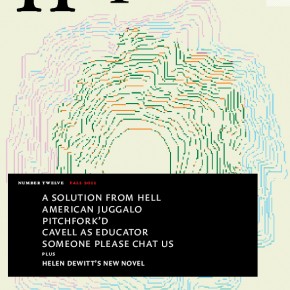
Pitchfork urbanism
The award for Fun Read of the Week goes to “On Pitchfork,” Richard Beck’s smart, caustic review of indie rock’s überblog Pitchfork. You can’t find this lengthy essay anywhere but the latest issue of n+1, an NYC-based journal of politics, literature and culture, and yeah it’s worth the $10 PDF download. (The issue also features a...
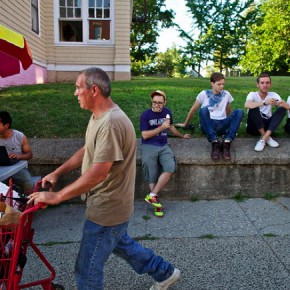
looking for the Hudson Valley hipster
In the town where I live, there’s been a lot of chatter over a recent NY Times article which reports how Brooklynites (an apparent synonym for NYC’s mobile, creative types) are descending upon the Hudson Valley area some 75 miles north of the city to live, visit, consume, and generally do their Brooklyn thing. Local businesses,...
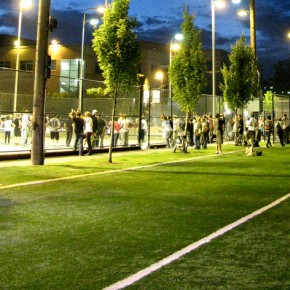
musical urbanism: statement of a scholarly project
It’s promotion review time for me, and in writing a research statement for the three anonymous sociologists evaluating my work, I’ve had the occasion to compile and synthesize my thinking on musical urbanism into a single essay. Think of this post as a users manual for understanding what I’ve been up to academically with this...
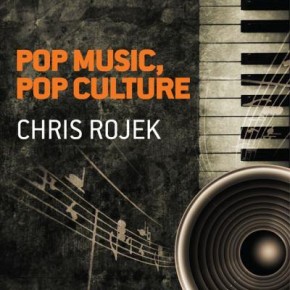
listening alone, together: a review of “Pop Music, Pop Culture” by Chris Rojek
British sociologist Chris Rojek has just published a major work in the social analysis of pop music. To say its argument isn’t completely satisfying doesn’t belittle the remarkable accomplishment of Pop Music, Pop Culture (Polity, 2011), which covers the gamut of musical production, content, and reception from the pre-historic oral tradition to today’s P2P networks. Most distinctively, Pop...
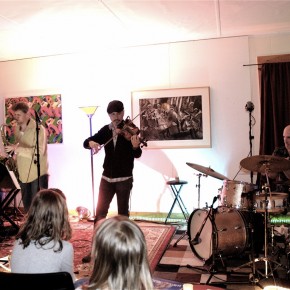
just stay put: an alternative vision for arts-based urban revitalization
Here are some thoughts about a different way to think about arts-based urban revitalization, written in the form of a suspiciously confident manifesto. These ideas are completely pie-in-the-sky and fly in the face of the prevailing wisdom in this field, but I’m fine with that if it reveals some fallacies and unspoken assumptions of most...
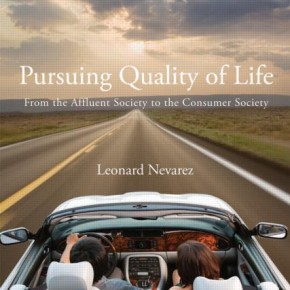
shameless self-promotion: “Pursing Quality of Life”
I’m pleased to announce that my new book has finally been published: Pursuing Quality of Life: From the Affluent Society to the Consumer Society. Here’s the official blurb. From anxieties over work-life balance and entangling technologies, to celebrations of cool jobs and great places to live, quality of life frames the ways we enhance our lives...

